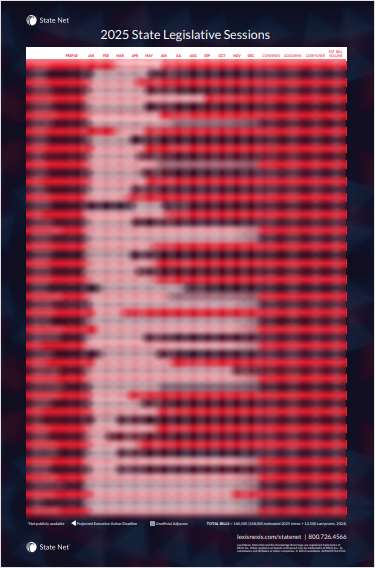Questions Remain After U.S. Supreme Court's Facebook Threat Decision
The U.S. Supreme Court dodged a constitutional question about the degree of intent required to jail someone for making a threat, but it did address the issue on narrow statutory grounds in a case that came out of the Third Circuit.
June 02, 2015 at 07:04 PM
4 minute read
The original version of this story was published on The Legal Intelligencer
The U.S. Supreme Court dodged a constitutional question about the degree of intent required to jail someone for making a threat, but it did address the issue on narrow statutory grounds in a case that came out of the Third Circuit.
Given the high court's avoidance of the constitutional issue, the split among federal circuits on the application of the true-threats exception to the First Amendment still stands, according to court watchers.
When the U.S. Court of Appeals for the Third Circuit ruled on the case, Elonis v. United States, it followed the lead of most circuits that have ruled on the issue—with the exception of the Ninth and Tenth circuits — and declined to interpret a 2003 opinion from the U.S. Supreme Court as requiring subjective intent from the speaker in order to trigger the true-threat exception to the First Amendment's protection of speech.
NOT FOR REPRINT
© 2024 ALM Global, LLC, All Rights Reserved. Request academic re-use from www.copyright.com. All other uses, submit a request to [email protected]. For more information visit Asset & Logo Licensing.
Trending Stories
- 1The Law Firm Disrupted: For Big Law Names, Shorter is Sweeter
- 2Wine, Dine and Grind (Through the Weekend): Summer Associates Thirst For Experience in 'Real Matters'
- 3'That's Disappointing': Only 11% of MDL Appointments Went to Attorneys of Color in 2023
- 4What We Know About the Kentucky Judge Killed in His Chambers
- 5'I'm Staying Everything': Texas Bankruptcy Judge Halts Talc Trials Against J&J
Featured Firms
Law Offices of Gary Martin Hays & Associates, P.C.
(470) 294-1674
Law Offices of Mark E. Salomone
(857) 444-6468
Smith & Hassler
(713) 739-1250








